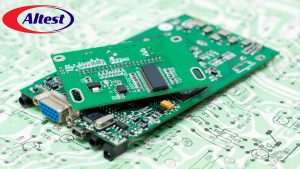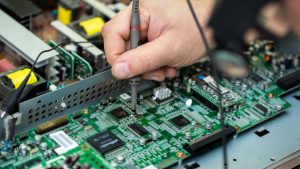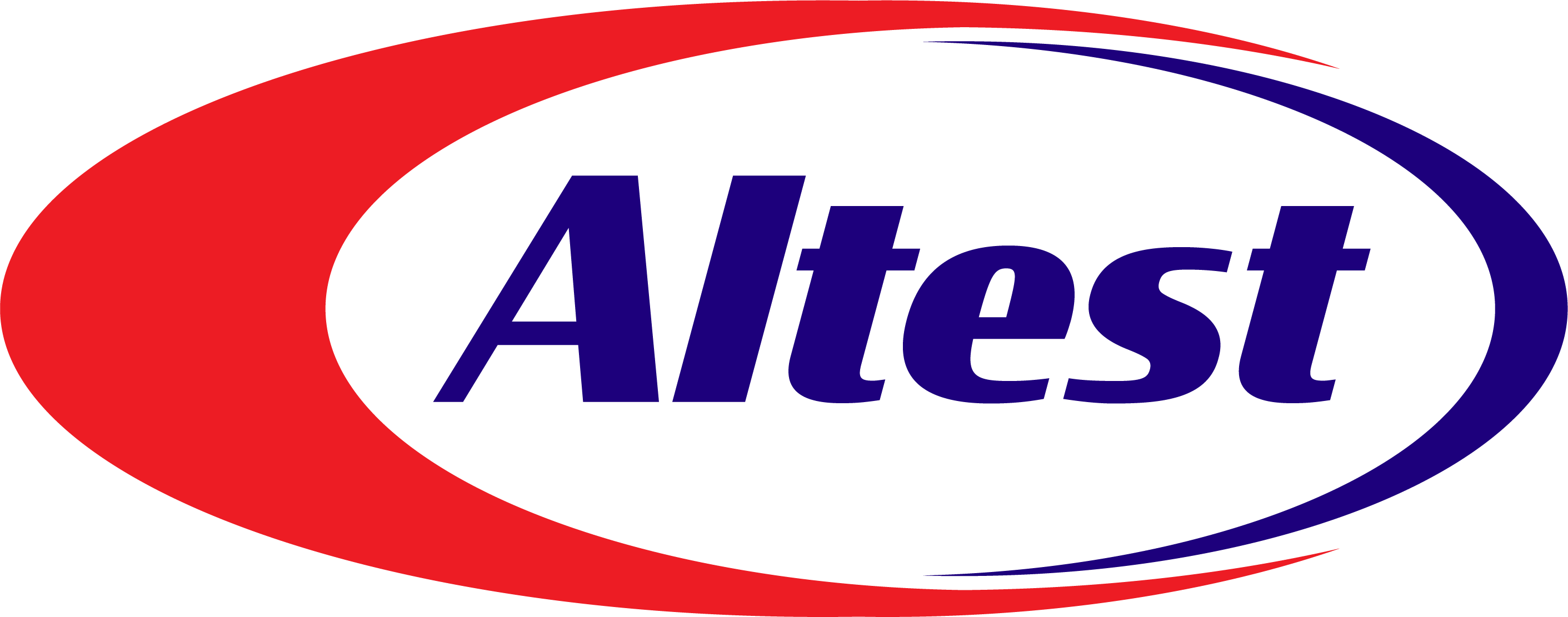Printed Circuit Boards (PCBs) are the backbone of modern electronic devices. They provide the foundation upon which all electronic components are mounted. In medical device manufacturing, selecting the right PCB materials is crucial. The materials you choose can impact the functionality, reliability, and longevity of medical devices. This guide will help you understand how to select the right PCB materials, ensuring your medical devices meet the highest standards.
Understanding PCB Basics
PCBs are essential for electronic devices. They consist of multiple layers, including conductive pathways and insulating materials. These layers work together to form a circuit that allows electrical signals to flow between components. The materials used in each layer play a key role in the performance of the PCB.

Layers of a PCB
The basic structure of a PCB includes:
- Substrate or base material
- Copper layers
- Solder mask
- Silkscreen
Each layer serves a specific purpose and requires careful material selection.
Importance of Material Choice
Choosing the right materials for your PCB is critical. The wrong materials can lead to issues such as signal loss, interference, or even complete failure of the device. The right materials, on the other hand, can enhance performance, durability, and reliability.
Types of PCB Materials
There are several types of materials used in PCB manufacturing. Each type has its own advantages and disadvantages. Understanding these materials will help you make informed decisions.
FR4
FR4 is one of the most commonly used materials in PCB manufacturing. It is a type of fiberglass reinforced epoxy laminate.
Advantages of FR4
- Cost-effective: FR4 is relatively inexpensive compared to other materials.
- Good electrical insulation: It provides excellent electrical insulation properties.
- Thermal stability: FR4 can withstand high temperatures, making it suitable for a wide range of applications.
Disadvantages of FR4
- Limited flexibility: FR4 is rigid and not suitable for flexible PCBs.
- Moderate thermal conductivity: It may not be ideal for high-power applications.

Polyimide
Polyimide is a high-performance material often used in flexible PCBs. It is known for its excellent thermal and electrical properties.
Advantages of Polyimide
- High thermal stability: Polyimide can withstand extreme temperatures, making it ideal for harsh environments.
- Flexibility: It is highly flexible, making it suitable for applications where the PCB needs to bend or fold.
- Excellent electrical properties: Polyimide provides superior electrical insulation.
Disadvantages of Polyimide
- Cost: Polyimide is more expensive than FR4.
- Moisture absorption: It can absorb moisture, which may affect its performance in humid conditions.
Rogers Materials
Rogers materials are high-frequency laminates used in applications that require superior electrical performance. They are often used in RF and microwave PCBs.
Advantages of Rogers Materials
- Excellent electrical performance: Rogers materials offer low dielectric loss and excellent signal integrity.
- High thermal conductivity: They can efficiently dissipate heat, making them suitable for high-power applications.
Disadvantages of Rogers Materials
- Cost: Rogers materials are more expensive than FR4 and polyimide.
- Complex processing: They require specialized processing techniques, which can increase manufacturing complexity and cost.
Metal Core PCBs
Metal core PCBs are designed to improve thermal management. They have a metal core, usually aluminum or copper, instead of the traditional FR4 substrate.
Advantages of Metal Core PCBs
- Efficient heat dissipation: The metal core helps dissipate heat effectively, reducing the risk of overheating.
- Mechanical strength: Metal core PCBs are more robust and less likely to warp or crack.
Disadvantages of Metal Core PCBs
- Cost: The use of metal cores increases the cost of the PCB.
- Weight: Metal core PCBs are heavier than traditional PCBs, which may be a consideration in some applications.
Factors to Consider When Selecting PCB Materials
Selecting the right PCB materials involves considering several factors. Each factor can impact the overall performance and reliability of your PCB.
Thermal Performance
Thermal performance is critical, especially in medical devices that generate heat during operation. Materials with high thermal conductivity, such as metal core PCBs, are ideal for managing heat.
Electrical Performance
The electrical properties of the materials you choose will affect signal integrity. High-frequency applications require materials with low dielectric loss and excellent signal performance, such as Rogers materials.
Mechanical Properties
Consider the mechanical properties of the materials, especially if your PCB needs to be flexible. Polyimide is a good choice for flexible PCBs, while FR4 is suitable for rigid applications.
Environmental Conditions
Think about the environmental conditions your PCB will be exposed to. Polyimide is ideal for high-temperature environments, while FR4 is suitable for most general-purpose applications.
Cost
Cost is always a consideration. While high-performance materials like Rogers and polyimide offer superior properties, they come at a higher price. Balance performance requirements with budget constraints.
Benefits of Expert Curation
Working with experienced PCB manufacturers and designers can help you select the right materials for your specific application. They can provide valuable insights and recommendations based on their expertise.
Customization
Expert curation allows for customized solutions tailored to your specific needs. Manufacturers can recommend materials that meet your performance requirements while staying within your budget.
Quality Assurance
Experienced manufacturers have stringent quality control processes in place to ensure the reliability and performance of your PCBs.
Access to Advanced Materials
Working with experts gives you access to advanced materials and technologies that may not be available from general suppliers.
Practical Tips for Selecting PCB Materials
Here are some practical tips to help you select the right PCB materials for your medical devices:
Conduct Thorough Research
Research different materials and their properties. Understand the advantages and disadvantages of each material to make an informed decision.
Consider Your Application
Think about the specific requirements of your application. Consider factors such as thermal performance, electrical properties, mechanical strength, and environmental conditions.
Consult with Experts
Consult with experienced PCB manufacturers and designers. They can provide valuable insights and recommendations based on their expertise.
Prototype Testing
Conduct prototype testing to evaluate the performance of different materials in real-world conditions. This can help you identify the best material for your application.
Balance Performance and Cost
Balance the performance requirements of your application with your budget constraints. High-performance materials may offer superior properties, but they come at a higher cost.
Conclusion
Selecting the right PCB materials is crucial for the performance and reliability of medical devices. By understanding the properties and advantages of different materials, you can make informed decisions that enhance the functionality of your PCBs. Remember to consider factors such as thermal performance, electrical properties, mechanical strength, and environmental conditions. Consult with experts, conduct thorough research, and balance performance with cost to select the best materials for your application.
For more detailed guidance and personalized recommendations, consider booking a consultation with our experts. They can help you choose the best materials and design solutions for your specific needs, ensuring your medical devices meet the highest standards of performance and reliability.

One Response